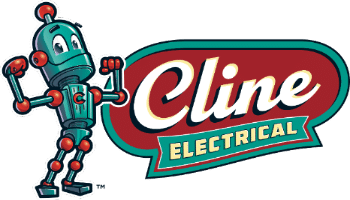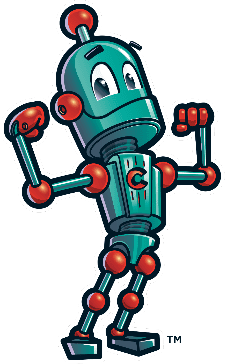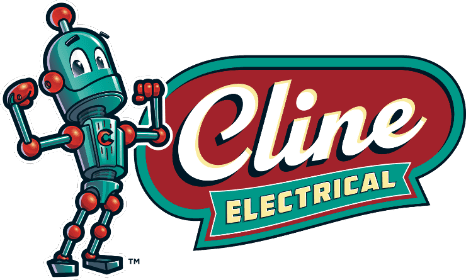Introduction
Whole home generators ensure power during outages, offering peace of mind. But proper maintenance is key to keeping them reliable long-term. Expert whole home generator installers stress that regular upkeep helps avoid costly repairs, unexpected failures, and extends your system’s life. From checking fuel levels to routine servicing, following pro advice keeps your generator ready when you need it most. Stay powered, stay prepared—maintenance matters.
Installer Tips to Extend Your Generator’s Lifespan
1. Schedule Regular Professional Inspections
One of the most critical maintenance tips offered by emergency power installers is to schedule regular professional inspections at least once or twice a year. During these inspections, trained technicians conduct comprehensive checks on all major components, including the engine, battery, fuel system, cooling system, and electrical connections. They perform operational tests to verify that the generator starts quickly and runs without issues. These routine inspections can detect early signs of wear, corrosion, or other problems that may not be visible to the average homeowner. Timely detection allows for minor repairs that prevent major malfunctions. In addition, professional maintenance helps ensure your generator remains compliant with safety standards, reducing the risks of fire or electrical hazards.
2. Keep the Generator Clean and Clear of Debris
Generators need proper airflow and cooling to function efficiently, and dirt or debris buildup can seriously impair their performance. Home generator installation experts recommend keeping the area around your generator clean and free from leaves, dust, and other debris that could clog air vents or obstruct the cooling system. Regularly cleaning the generator’s exterior and checking air filters is equally important to maintain optimal airflow. Clogged air filters reduce engine efficiency, increase fuel consumption, and can cause overheating. Homeowners should also inspect the generator enclosure for any signs of moisture or pest infestations, which can damage sensitive electrical parts. A clean and well-maintained environment reduces wear and tear and extends the life of your generator.
3. Change Oil and Fluids on Schedule
Like any gasoline or diesel engine, your whole home generator requires regular oil changes and fluid maintenance to keep its internal components lubricated and functioning smoothly. Home backup generator experts typically recommend changing the oil every 100-200 hours of operation or at least once per year, depending on the manufacturer’s guidelines. Using the correct grade of oil is essential to protect the engine from wear and corrosion. Additionally, other fluids such as coolant and fuel filters need regular inspection and replacement to avoid blockages or overheating. Neglecting fluid changes can lead to reduced engine efficiency, increased emissions, and even complete engine failure. Proper lubrication and fluid maintenance prevent friction and excessive wear, which are major causes of generator breakdowns.
4. Test the Battery and Electrical Components Frequently
The battery is the heart of your generator’s starting system. Generator installation contractors advise homeowners to test the battery’s charge and overall health regularly. Batteries typically last between 2 to 3 years, but extreme temperatures or infrequent use can shorten their lifespan. Corrosion on battery terminals or loose electrical connections can hinder startup performance, leading to failed attempts during power outages. Regularly inspecting and cleaning the battery terminals, tightening connections, and replacing worn-out batteries ensures reliable generator startups. Furthermore, electricians should check wiring, circuit breakers, and control panels during maintenance visits to identify any faults or wear. Keeping the electrical system in top condition is vital for safe and consistent generator operation.
5. Monitor Fuel Quality and Storage Practices
Fuel is the lifeblood of your whole home generator, and its quality directly affects performance and longevity. Emergency power installers stress the importance of using fresh, clean fuel and adhering to proper storage guidelines to avoid fuel degradation and contamination. For natural gas or propane generators, inspecting fuel lines and connections for leaks or damage is critical to prevent hazardous conditions. For diesel or gasoline models, using fuel stabilizers and rotating fuel stock regularly prevents stale fuel buildup that can clog fuel filters or damage the engine. Stale or contaminated fuel causes rough running, difficult startups, and increased wear. Proper fuel management and periodic system flushing help maintain efficient combustion, reduce emissions, and extend engine life.
6. Run the Generator Periodically
Generators are designed to run occasionally, even when there is no power outage. Backup power system specialists recommend running your generator for about 20-30 minutes once a month. This practice keeps the engine lubricated, recharges the battery, and ensures the system is functioning correctly. Routine operation also helps identify potential issues early and prevents parts from seizing due to inactivity. Automatic transfer switches should be tested as well to ensure seamless power transfer during emergencies. Regular exercise of your generator is a simple yet effective way to maintain its readiness and prevent costly emergency repairs.
Proper maintenance is the cornerstone of ensuring your whole home generator’s longevity and reliability. Following the advice of professional whole home generator installers by scheduling regular inspections, maintaining cleanliness, performing timely oil and fluid changes, testing batteries and electrical components, monitoring fuel quality, and running the generator periodically can greatly reduce the risk of unexpected failures. Preventative care safeguards your investment, enhances your home’s energy security, and guarantees uninterrupted power during outages. Taking proactive steps now means your generator will be ready and reliable when you need it most, protecting your home and family from the inconvenience and dangers of losing electricity.
Conclusion
Trust the expert whole home generator installers at Cline Electrical Service for dependable power year-round. Call us at 540-380-3886 today to schedule maintenance that ensures longevity, performance, and peace of mind during any outage.
📌 Your local comfort experts are now Cline Electrical—offering the same fast, reliable service with a new name you’ll remember!







